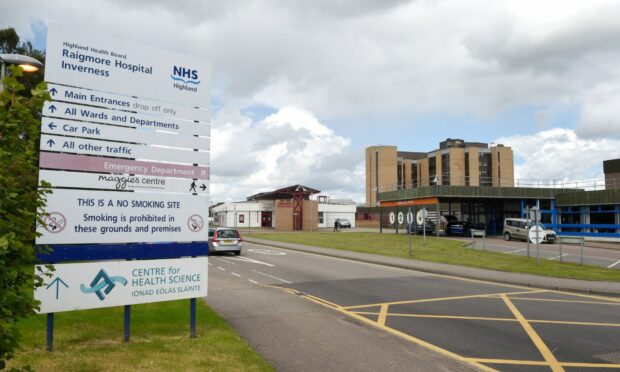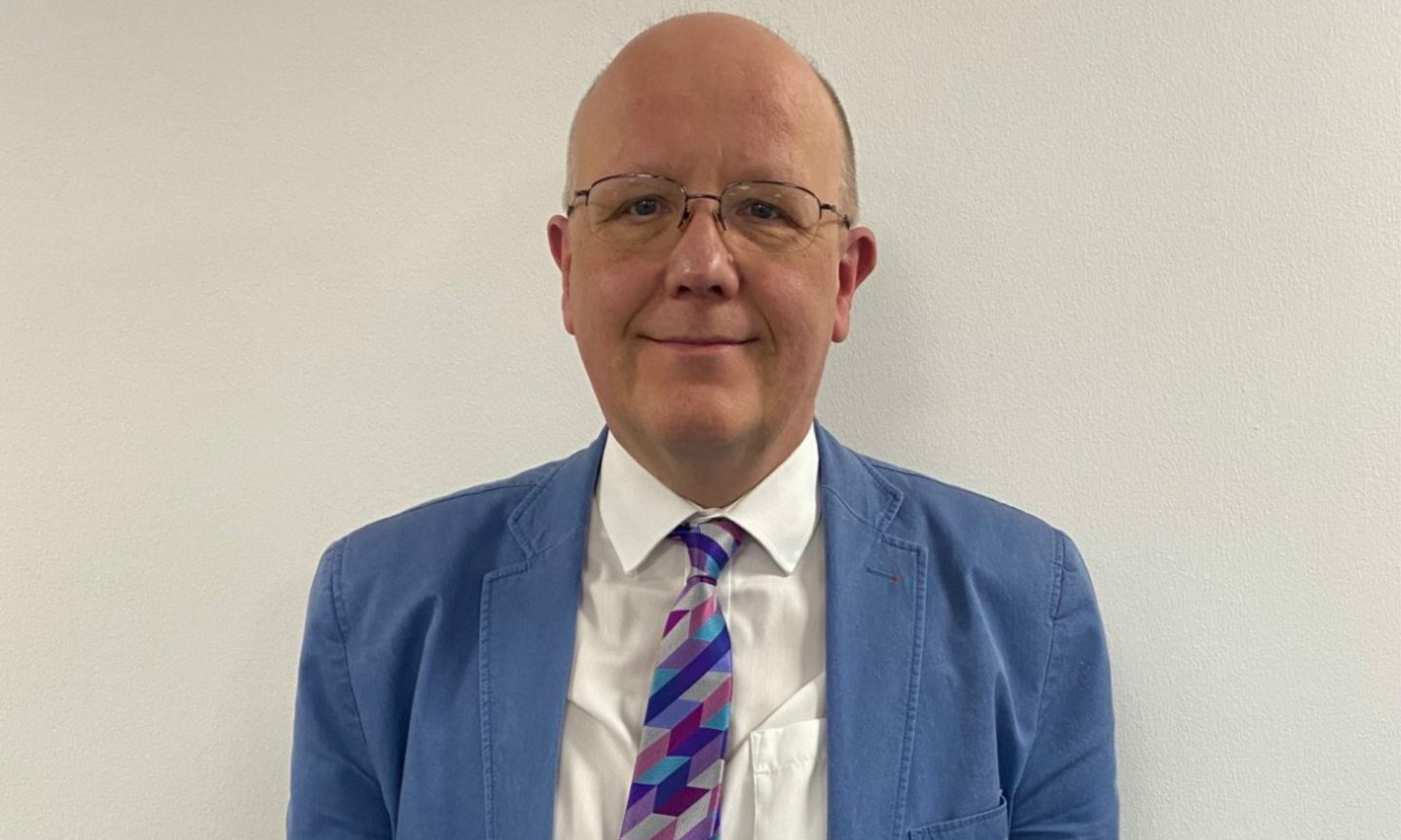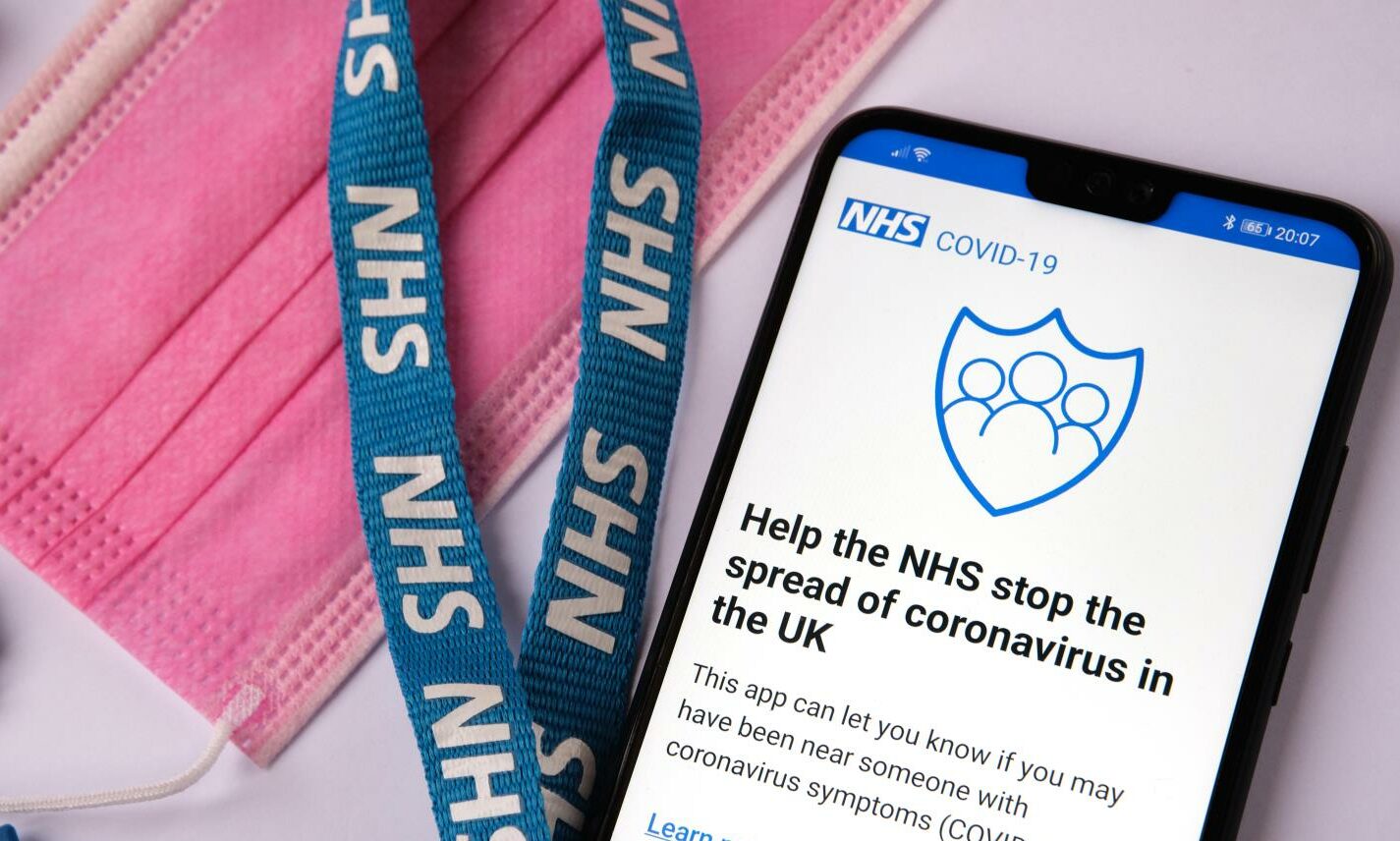NHS Highland is facing a £16 million financial black hole at the end of the year with Covid expected to have an impact on services for a “considerable” amount of time.
Director of public health and policy, Tim Allison, told a health board meeting coronavirus cases had been reducing across the region over the past two weeks.
But he warned the “dangerous” virus was not going away and would continue to have an impact on health services and people’s livelihoods for some time.
‘Covid remains a threat for the population’
“Numbers have gone down,” he said. “We were seeing around up to 300 new diagnoses of Covid a day – which is a huge number – and now we’re getting below around 100, probably around 70 cases a day.
“A large number of those people are not seriously ill with Covid, and younger people don’t tend to be seriously ill, but some people are.
“We have seen a small rise in hospital admissions and it is important to recognise that Covid is still dangerous, particularly for people who are vulnerable, and we have seen some outbreaks in care homes.
“But also it still remains a potential threat for the whole population.”
Agency staff needed to cover rota gaps
Board members heard the health service expects to face a total overspend of £18m by the end of the financial year, with £11m paying for support services and £5m on acute services.
The remainder of the cash will be spent on costs relating to the IJB and the social care partnership.
However, the total overspend will be reduced by £2m due to additional funding coming in to cover the costs of the Agenda for Change pay award funding gap and other initiatives.
One of the health board’s highest areas of expenditure relates to the vaccination programmes for both Covid and flu as well as contact tracing and testing schemes.
It was also highlighted that the bill for acute services was high due to the health board’s spend on drugs and the need to bring in locum and agency staff to cover gaps in rotas at Raigmore, Belford and Caithness General hospitals.
It was noted in a report to the health board that both of these areas were being investigated to see if there’s a link to the pandemic.
Board members heard that there was uncertainty around all the funding health services would receive from the Scottish Government.
Meeting papers said: “At this stage this has not been confirmed and therefore remains a risk.”
‘The risks of Covid will continue’
Mr Allison added: “It’s important to note that Covid isn’t going away.
“Hopefully we will soon be emerging from a pandemic, at least in a few months time, but the presence of Covid will continue.
“The risks of Covid will continue but also the other effects in terms of the effects on people’s livelihoods; on mental health, on health and equalities and also the knock-on effect on health services will continue for a very considerable amount of time.
“Overall it’s not doom and gloom regarding Covid because we are certainly seeing an improving picture but we still need to be cautious and vigilant.”
He also warned of “other diseases” that could start affecting people over the winter months, which may have been forgotten about due to the heavy focus on Covid.
“Immunity to other conditions is likely to have gone down because they haven’t been circulating so much over the last couple of years,” he added.
“Influenza is very important to remember and also a condition that particularly affects very young children called RSV – respiratory syncytial virus – is another potential threat to the more vulnerable in our community.”
More funding to come
A Scottish Government spokeswoman said: “The extraordinary hard work, dedication, skills and commitment of our frontline NHS staff has helped keep us safe and cared for throughout the pandemic.
“Their vital work is valued hugely, and we are determined to continue to do all we can to ensure they feel supported and cared for.
“We have provided an initial £9.8m to NHS Highland in 2021-22 to address COVID-19 pressures. This takes total Covid-related support provided to NHS Highland and health and social care partners to over £86m with further funding to follow this year.
“We continue to work closely with NHS Highland and the wider health service to ensure that frontline services receive the financial support that they need throughout the pandemic.”


